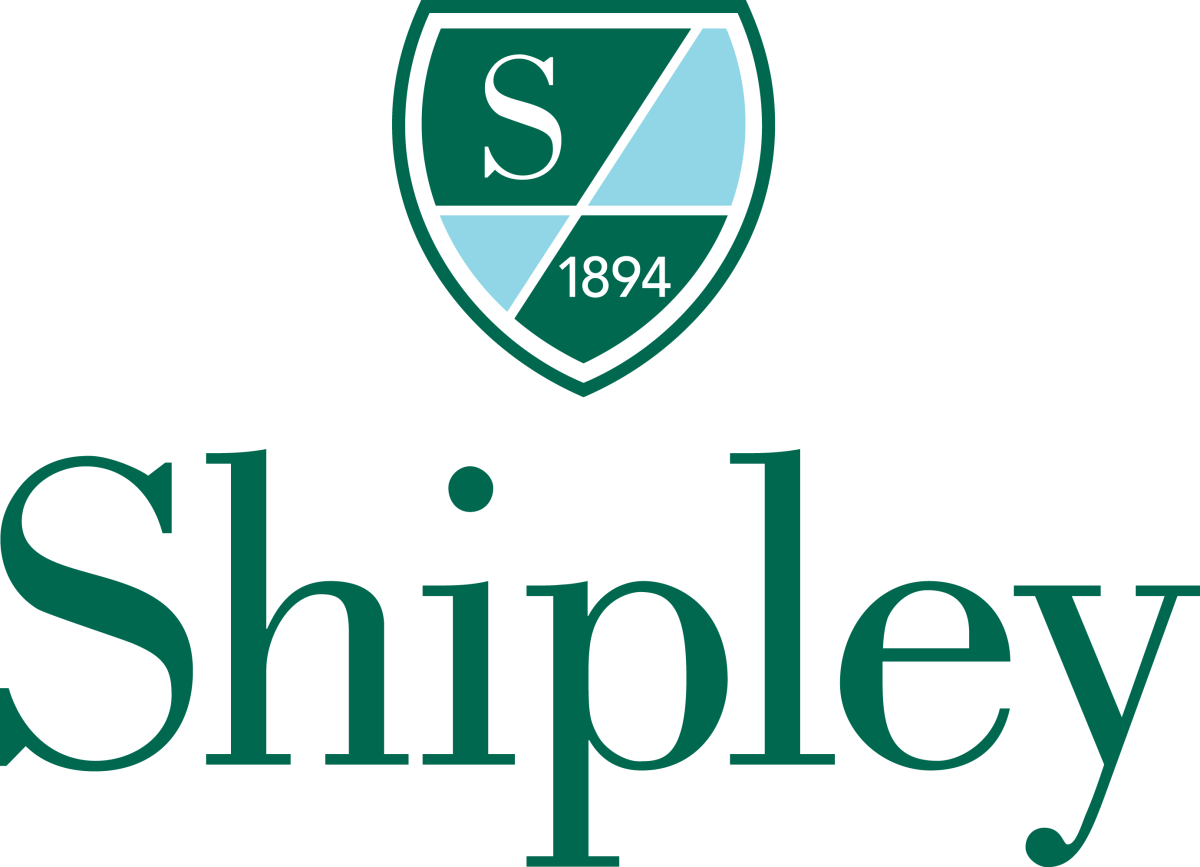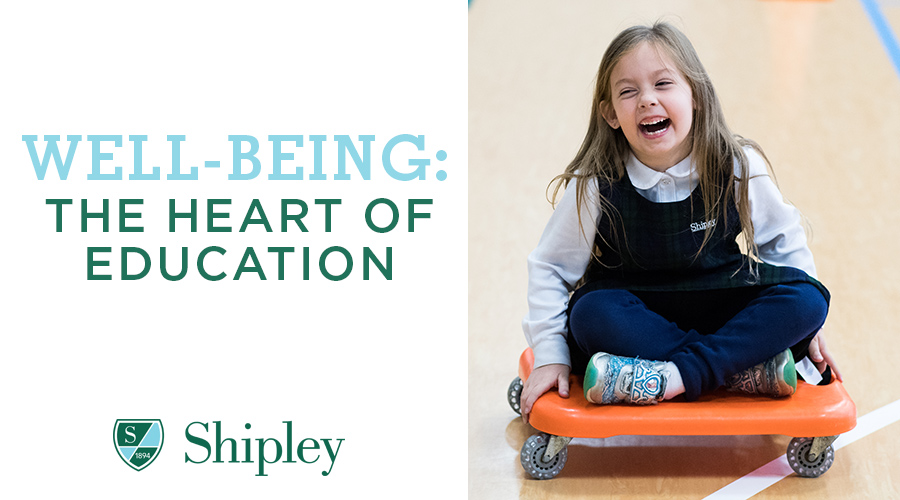Positive Education is based on science and research. It enhances resilience and positivity, core values, and creativity. It seeks to improve systems and processes, increase engagement and achievement, and enhance our interactions with others. Furthermore, at the heart of it, Positive Education is also about learning to become our best selves.
Positive Education combines the science of well-being with effective teaching and learning practices to encourage and support individuals, schools, and communities to flourish. It is founded upon a whole-school approach, following a model of:
- learning the concepts,
- living them in practice,
- teaching them in our classrooms, and
- embedding them in our systems and processes.
Positive Education increases students’ capacity to learn effectively, while also providing them with a strong foundation on which they can build successful and meaningful lives.
In the Western world, education became more widely available as a result of the Industrial Revolution. Schools were expected to encourage mental discipline and good moral character, while preparing children for citizenship and jobs in factories. Lessons relied heavily on memorization and textbooks, and teachers were charged with molding students’ conduct so they would fit into society.
But how much of this has genuinely changed since the beginning of the Industrial Age? These days, in some ways, children are being prepared for jobs that may no longer exist by the time they graduate. To some extent, our education system is designed for the masses, and based on obedience, respect, and standardized tests.
So, what is the purpose of education, and how is this emphasized and implemented in your school?
At the Institute of Positive Education at Geelong Grammar School, we believe that well-being should be placed at the heart of education. We believe that establishing this foundation is vital in order for our students to have the greatest chance to learn, grow, and become the best version of themselves.
At Geelong Grammar School, we believe that well-being…
- Should be sought by both our teachers and our students.
- Must be taught in our classrooms through explicit Positive Education curriculum.
- And can be caught by the students in our care, if we ourselves are authentically living and role-modelling the concepts.
For 10 years it has been our privilege to support schools on the journey of seeking, learning, and living well-being. It is with great pleasure that we are now able to assist schools in their efforts to teach well-being explicitly to their students, as part of a timetabled subject.
This ‘teach’ component is one piece of the Positive Education picture. It is a powerful opportunity: to show students, parents, and the community the value you place on well-being; to enhance student engagement and achievement; and to teach these life lessons in such a way that it equips students to face the challenges that lie ahead.
So, what is the purpose of education for your school…for your children? An A+? High test scores for University or College? Qualifications for a job? We believe that schools can be more than this – that we have grown and changed since the beginning of the Industrial Age. That we recognize and value the well-being of the teachers and students in our care. And that together we can enable and empower students on the journey toward becoming the best version of themselves.
You can learn more about Positive Education and Shipley’s partnership with the Geelong Grammar School’s Positive Education Institute at an event with its Director, Justin Robinson, on Tuesday, August 27, 2019. Sign up to attend and learn more at https://www.shipleyschool.org/about/positive-education.
Blog originally published at https://www.ggs.vic.edu.au/institute/blog/blog-posts/wellbeing-the-heart-of-education










